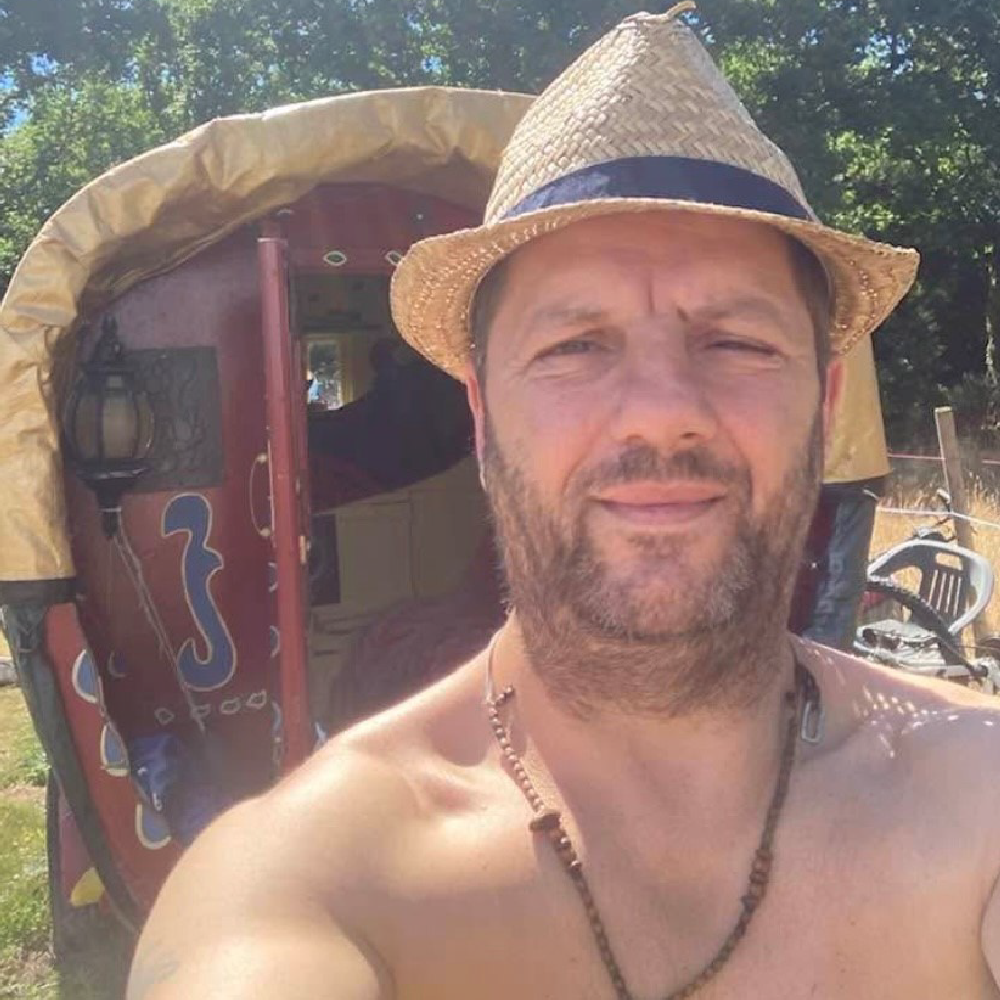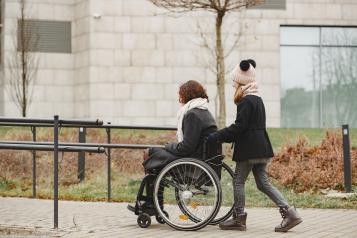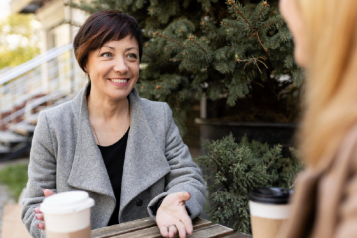Engaging with the Gypsy, Roma and Traveller Community

What is the 10 Year Health Plan?
The 10 Year Health Plan for England aims to transform the NHS by creating a truly modern health service designed to meet the changing needs of our changing population. This plan will be developed through a national consultation with patients, staff and the public, to tackle the challenges it identifies.
To do this, the government launched Change NHS: help build a health service fit for the future. This is a national conversation will be used to develop the 10 Year Health Plan.
Goals and three key shifts
The main goals included in the plan are to improve health outcomes and quality of care, to give everyone the best start in life, to help people age well and to deliver world class care for major health problems. The plan also proposes three key shifts - moving care from hospitals to the community, embracing digital transformation, and shifting from treatment to prevention.
Why Bourne Valley?
The Alderney and Bourne Valley Ward lies on the outskirts of the Poole conurbation and covers five square kilometres. According BCP Council statistics about deprivation and poverty, 60% of the ward experience at least one of the four areas of deprivation: education, employment, health and housing.
Bourne Community Hub opened its doors in 2022 and is a great place to meet friends, join an activity or class, attend an event or visit for help and advice. They run a community café, Monday to Friday, which offers budget friendly, home cooked food and a community food store for residents of the local community. People can also access reading classes, the Citizens Advice Service for help and support and the Pulmonary Rehabilitation Service.

The Alderney and Bourne Valley Ward has a large community of settled Gypsy, Roma and Travellers who regularly attend the Hub. Our volunteer, Michael Johnson (pictured right) is from a large Gypsy, Roma, Traveller family and is well known in that community. It was Michael who suggested using the hub for our engagement work and offered to help us organise a discussion event. With Michael’s help, and that of Hannah, the Hub Manager, the focus group was held in February 2025.
What we did
We chose to run the focus group on a Wednesday to optimise participation, as that is when reading classes are held and the community food store is open. We had six participants in total, which included Michael, some of his family members, and the local Reverend who helps to advocate for the community.
We ran an Easy Read workshop, which focused on an overview of the 10 Year Health Plan and the three shifts, with a couple of refreshment breaks. Lucy felt very welcomed by the group and the whole session took around 90 minutes. It was very evident from the start that the participants all have a great sense of community spirit, they are very passionate when they talk about their community and they are very protective of it.
What was said
The warmup
Lucy summarised what the NHS 10 Year Plan is and the purpose of focus group. She asked some warmup questions to start, including, If the 10 Year Plan is a success what three words will describe how using the NHS will feel in the future?
The responses were:
- Inaccessible – because of technology that they are unable to use.
- Cooperative – due to more community support.
- Faster – due to quicker appointments because of services based in the community.
This then led to conversations around the need to have more community-based services, which are easily accessible and being excluded because of technology.
“Using the pharmacy more will be good for us as we know our pharmacist well and they help us.”
“We could be excluded even more than we are because of technology. If we get our appointments online or via text that we can't use that service.”
The three key shifts
Lucy then explained the three big changes that are included in the consultation and asked participants for their thoughts on how these changes could affect them and what their feedback and suggestions are. Here is what we were told.
Moving care from hospitals to communities
Concerns were voiced around having unfamiliar people in their homes, not having a fixed abode (sofa surfing), the affordability of using public transport to access services, and the logistics of accessing services if you have mobility problems.
“I have a dog who is very protective of me, and I can't let strangers through my door. My dog will go for them. That wouldn't be an option for me.”
The participants also spoke positively about seeing a regular familiar face if services were more community based, having more interaction with people who they trust and health professionals having a better understand of the needs of that community.
“If they're based in our community then it would be familiar faces, which is good and builds trust.”
Making better use of technology
This provoked the biggest discussion and on the whole wasn’t particularly well received! The issues that they raised were around not having internet access at home, being unable to read text messages, no access to laptops/smartphones/tablets, the fear of losing face-to-face appointments, and a lack of person-centred care.
“I can't read texts; I struggle to dial a number into the phone.”
The group did recognise that technology would make things easier for the services and that staff need up-to-date IT equipment to do their job.
“Up-to-date systems so patient records are easily accessible to all services, so your record is all in one place.”
Preventing illness and not just treating it
They were all keen to talk about the importance of blood pressure checks, vaccines and weight management and they were all very open to have access to these services in their community. One of the participants spoke about smoking and how they would like to stop but they can’t cope with the stress of stopping. They felt that if the stress was managed then this might be achievable.
“I have my blood pressure checked at the Hub, and I like that.”
Summary
All in all, the three key shifts generated a lot of discussion, with both positive and negative perceptions. At the end of the focus group, Michael took the opportunity to give some insight into what it is like growing up in the Gypsy, Roma and Traveller community.
“One of the biggest problems that we face within our community is a lack of trust towards people who are outside of our family and friends’ circles. We are all brought up not to trust people, the authorities, and the services. You literally have it drummed into you from a young age and in the end, you don’t know who to trust!”
Thank you
I enjoyed the time that I spent with the group, it was great to get a better understanding of their community and to get to know them a little bit. Special thanks to Michael, Hannah, the focus group attendees and Reverend Jonathan who kindly provided tea/coffee and lunch.
More information
Watch our video. At the start of 2025, we interviewed Michael, who shared his experience of living with depression and how he manages it, for example, by setting himself positive goals.
Share your story
Get in touch to share your experiences of local health and social care services, good and bad, to help make care better for all Dorset residents: Contact us


